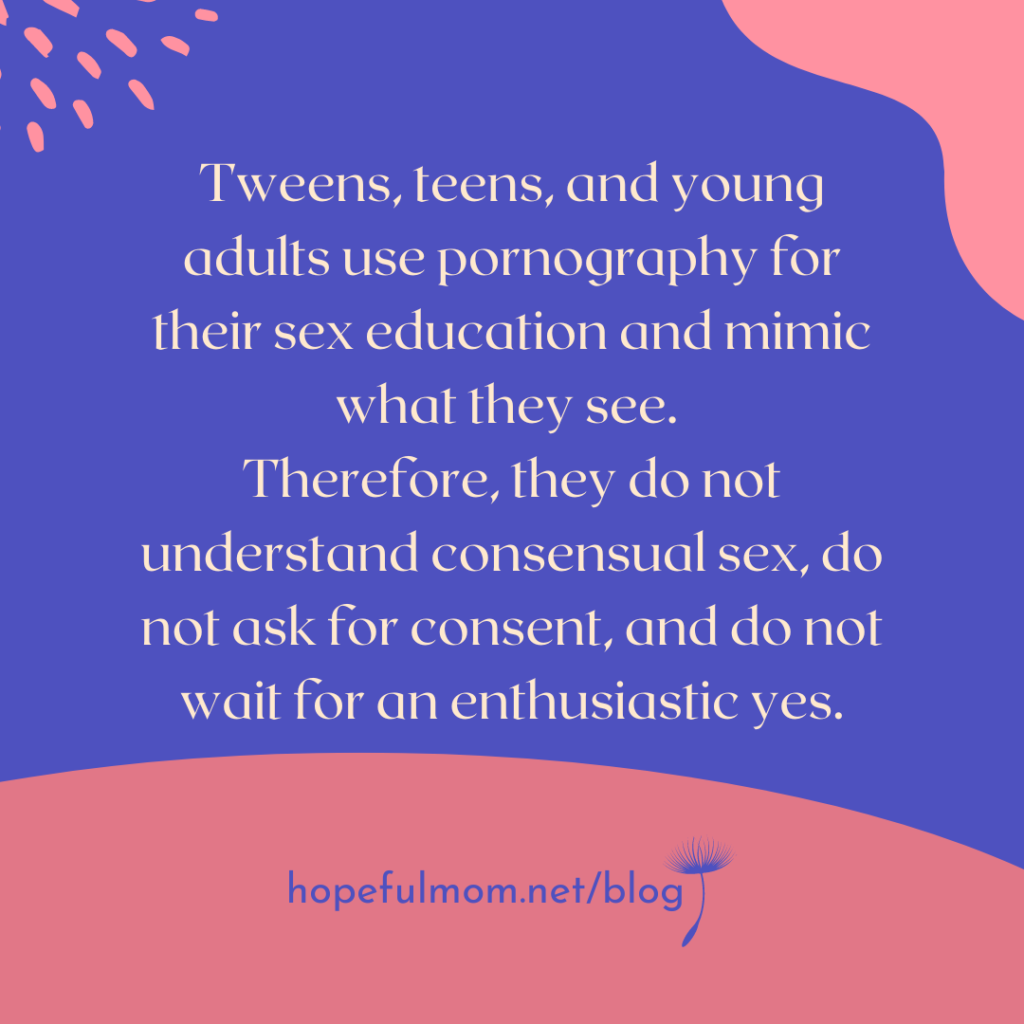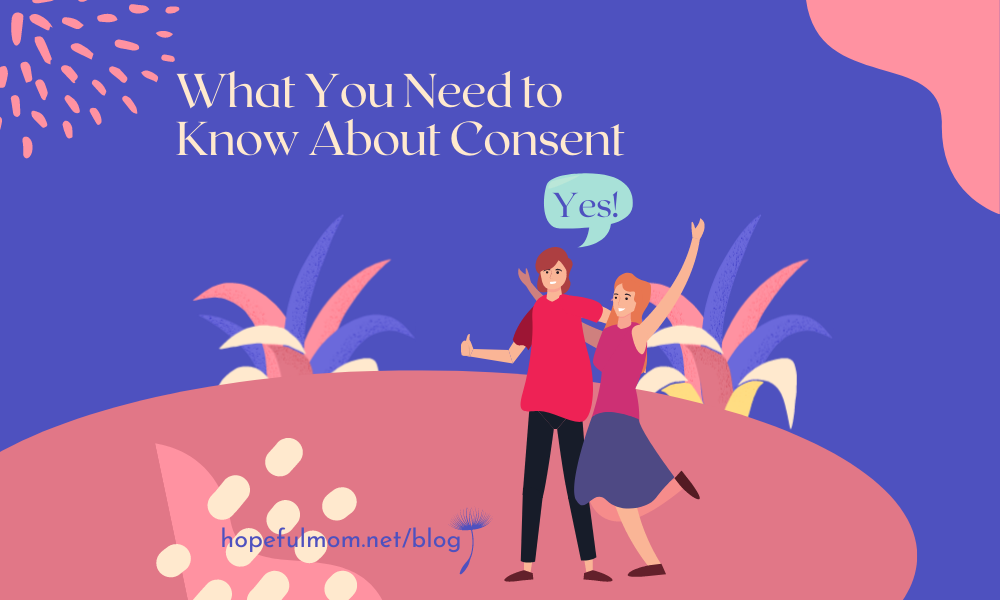In the show Ghosts, a modern-day character, Samantha, sees and hears ghosts who reside in the mansion she owns. Each lived during a different time period in history and died in the mansion. In one episode, Hetty, who lived in the 1880’s, has the opportunity to converse with the maid her husband had an affair with while she was living. Hetty has been holding a grudge since before her death. She confronts the maid, accusing her of chasing after her husband.
Wide-eyed, Molly responds, “He pursued me. I wasn’t interested. I didn’t know what to say. So I didn’t say anything.”
Modern-day Samantha chimes in. “Power of dynamics. Hetty’s husband was in a position of power over Molly, which he knew. And I’m sure you needed that job.”
Molly replies, “Yes. I had a child to feed, and my husband had perished at the mill.”
Hetty says, “I didn’t know that.”
Molly says, “I guess I can’t blame you for hating me. He was your husband . . .”
Hetty responds, “That’s just the way things were.”
Thankfully, times have changed.
I recently spoke on the topic of consent with a group of male college athletes. The teaching starts with a few purposefully vague scenarios. My colleagues and I aren’t trying to mislead the students; rather, we’re making the point that consent, specifically for sex, is a tricky topic.
The college students were attentive and polite, but many did not completely understand the law. That isn’t surprising. Consent is a relatively new term for some of us, and we are still trying to figure it out.
Definition
“Consent is an agreement between participants to engage in sexual activity. Consent should be clearly and freely communicated. A verbal and affirmative expression of consent can help both you and your partner to understand and respect each other’s boundaries.
Consent cannot be given by individuals who are underage, intoxicated or incapacitated by drugs or alcohol, or asleep or unconscious. If someone agrees to an activity under pressure of intimidation or threat, that isn’t considered consent because it was not given freely. Unequal power dynamics, such as engaging in sexual activity with an employee or student, also mean that consent cannot be freely given.”[i]
Notice that an underage person cannot agree to sex. In Florida, you need to be 18. If an 18-year-old has sex with a 16-year-old, even if s/he says it’s okay, the parents of the 16-year-old can accuse the 18-year-old of sexual battery. And I’ve seen it happen.
Also notice an unequal power dynamic means consent cannot be freely given. (Refer to the Ghosts example.) Whether or not someone commits sexual battery can depend on their position of authority or their age relative to the victim’s age.
While some laws appear harsh, they were enacted to protect the innocent, those who feel intimated, coerced, or pushed into participating in sexual activity.
Consent laws may appear harsh, but they were enacted to protect the innocent, those who feel intimidated, coerced, or pushed into participating in sexual activity. What You Need to Know About Consent #hopefulmom #consent Share on XOn the day I spoke with those college guys, I told them, “No means no. That’s a given. However, the lack of a response may also mean no.” Some people tend to freeze when they’re in an uncomfortable position, especially when one person appears to have power over the other (i.e. older, stronger, an employer, etc.). A “yes” is not ongoing and can be withdrawn at any time. Consent needs given at each step leading up to and including intercourse.
In other words, we’re looking for an enthusiastic yes. “Enthusiastic consent is a newer model for understanding consent that focuses on a positive expression of consent. Simply put, enthusiastic consent means looking for the presence of a ‘yes’ rather than the absence of a ‘no.’ Enthusiastic consent can be expressed verbally or through nonverbal cues, such as positive body language like smiling, maintaining eye contact, and nodding. These cues alone do not necessarily represent consent, but they are additional details that may reflect consent. It is necessary, however, to still seek verbal confirmation. The important part of consent, enthusiastic or otherwise, is checking in with your partner regularly to make sure that they are still on the same page.”[ii]
Bottom line: communication is important. If a person is not mature enough and bold enough to ask specific questions, discern nonverbal clues, and wait for a definitive answer—an enthusiastic yes—they aren’t mature enough to participate in sexual activity.

Consent and Pornography
Unfortunately, pornography portrays men mistreating women. The “plot” depicts a woman saying no but eventually enjoying the act. The women aren’t agreeing, and the men ignore their pleas to stop. But in the end, everyone is happy.
We know this is unrealistic. Our children do not. They use pornography for their sex education and mimic what they see. Therefore, they do not understand consensual sex, do not ask for consent, and do not wait for an enthusiastic yes.
But we can change the conversation. We can talk with our children about consent and how pornography depicts unrealistic expectations.
When is the last time you spoke with your preteen or teen about consent? Do they know the legal definition as well as the principle behind the law?
COMING AUGUST 2023: Sexpectations: Helping the Next Generation Navigate Healthy Relationships. This book includes information about consent. Subscribe for updates to be the first to know when the book is available. BONUS for subscribing: immediate access to a FREE download: 7 Steps After Your Child Sees Porn. Also keep up with Hopeful Mom on social media at our FB page and IG page.
[i] https://www.rainn.org/articles/what-is-consent
[ii] Ibid.
About the author
Barb Winters is the author of Sexpectations: Helping the Next Generation Navigate Healthy Relationships and founder of Hopeful Mom. She’s a certified mental health coach and offers one-on-one consultations for parents. For more about Barb, click "About" in the menu.




One Reply to “What You Need to Know About Consent”